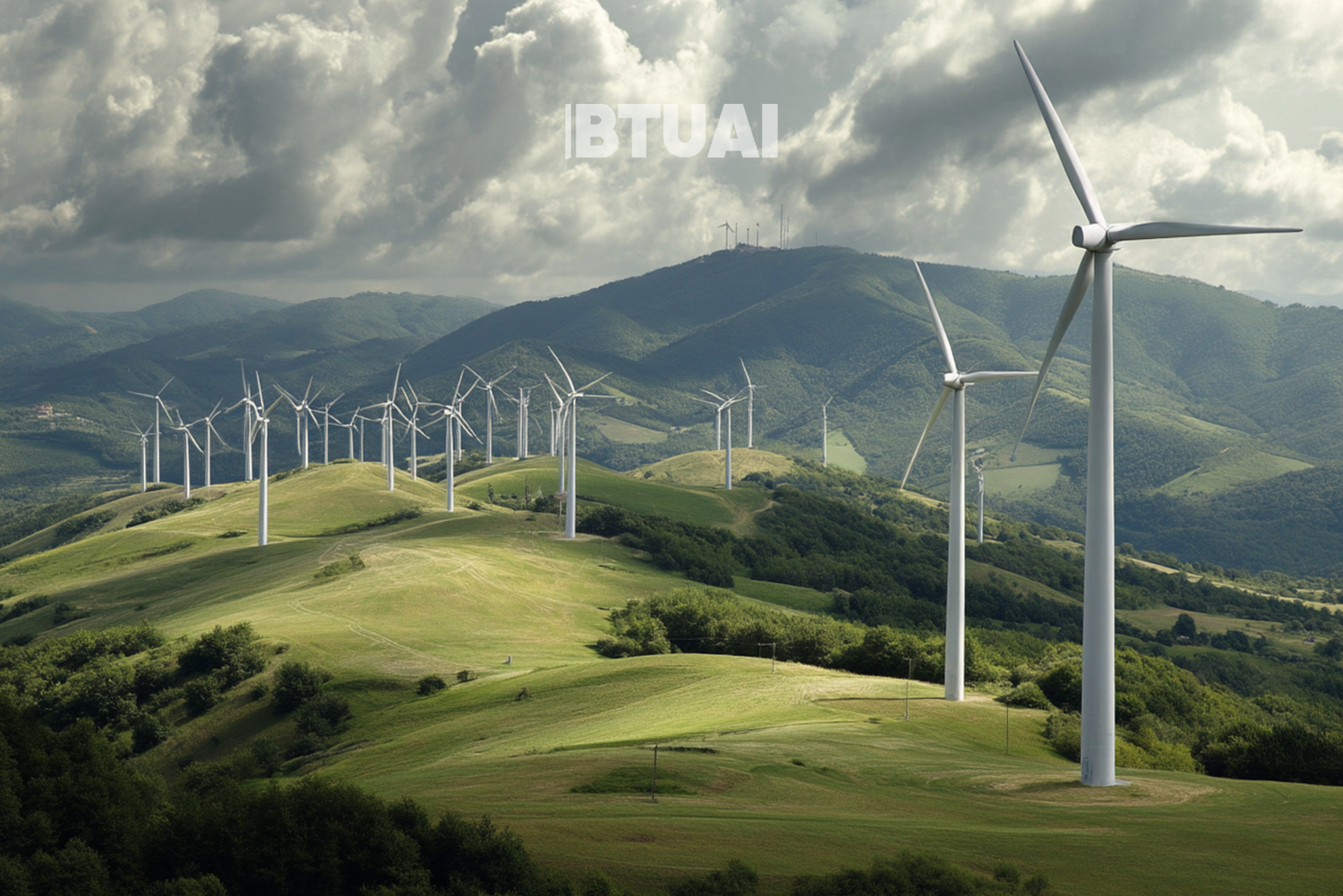Georgia’s Energy Balance Shift: A Geopolitical Turning Point
A significant geoeconomic shift has occurred in Georgia’s energy market — for the first time in 18 years, Russian

A significant geoeconomic shift has occurred in Georgia’s energy market — for the first time in 18 years, Russian natural gas imports have surpassed Azerbaijani supplies in the first quarter of 2025. This development is not only statistically noteworthy but also signals a major geopolitical shift in terms of energy independence and regional alignment.
According to official foreign trade data available since 2009, Azerbaijan has consistently been Georgia’s primary supplier of natural gas. That year, Georgia imported gas worth $73.9 million, with Azerbaijani gas accounting for over $43 million — significantly ahead of Russian volumes. Since then, Azerbaijan’s share has dominated Georgia’s gas imports.
But the trend was broken in Q1 2025: Georgia imported $183 million worth of gas, of which $100.6 million (55%) came from Russia. By contrast, Azerbaijani gas imports dropped to $82.4 million — a historic retreat for what had long been a cornerstone of Georgia’s energy strategy.
More Than Just Numbers
Beyond economic figures, this shift carries deep political implications. For years, Georgia’s energy strategy has been built around reducing dependence on Russian resources while strengthening ties with the West — a strategy underpinned by projects like the Trans-Anatolian Natural Gas Pipeline (TANAP) and the South Caucasus Pipeline (SCP), in which Azerbaijan played the role of strategic partner, while Russia remained a perceived risk or competitor.
Now, however, the dynamics are shifting. While the overall volume of imported gas may reflect increased domestic consumption, the surge in Russian gas share suggests either better commercial terms or restrictions on alternative supplies. Russia may have offered lower prices, more flexible logistics, or faster delivery times—enough to sway buyers toward short-term economic optimization over long-term strategic alignment.
Strategic vs. Economic Logic
But economic advantage doesn’t always equal strategic wisdom. Growing reliance on Russian gas could become a long-term risk for Georgia, especially given its fraught political relationship with Moscow, ongoing occupation of Georgian territories, and Russia’s documented use of energy as a tool of regional pressure.
Georgia now faces a critical question: will the country’s energy decisions remain governed by cost-efficiency and short-term convenience, or will they return to being guided by energy security, strategic alliances, and geopolitical foresight? What’s clear is that the balance of the past two decades is shifting — and the implications may stretch far beyond the energy sector.




